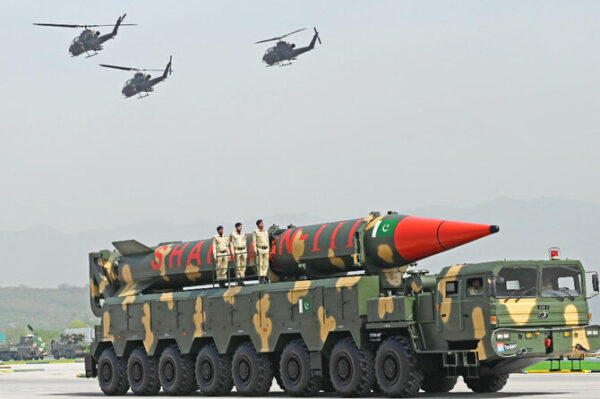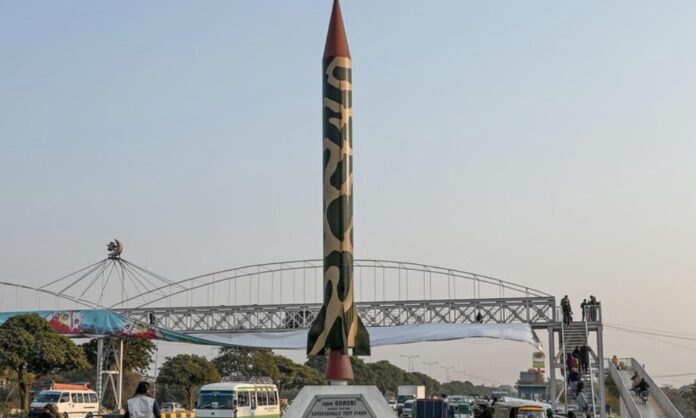The revelation that Pakistan is developing long-range ballistic missiles capable of reaching the United States has raised significant concerns in Washington. A senior US official recently disclosed these developments, signalling a potential shift in Pakistan’s missile plans. This news not only highlights the deteriorating relationship between the two countries but also questions the strategic intent behind Pakistan’s missile program.
Concerns Over Pakistan’s Missile Program
Deputy National Security Adviser Jon Finer revealed that Pakistan has been advancing its missile technology. He mentioned a focus on long-range ballistic systems and larger rocket engines. These advancements could eventually enable Pakistan to strike targets far beyond South Asia, including the US. This news has struck many. Currently, very few nuclear-armed nations possess such capabilities. Those who do are typically adversarial powers like Russia, China, and North Korea.
Jon Finer emphasised that Pakistan’s actions are seen as an ‘emerging threat’ to the United States. His comments came during a speech at the Carnegie Endowment for International Peace. He described the programme as moving beyond its traditional deterrence against India. Historically, Pakistan has maintained that its nuclear weapons and missile programs aim to counter Indian aggression and ensure regional stability. However, the recent developments suggest a broader and more ambitious trajectory. So far, no one can conclude what has prompted these developments or funded them.
Implications and US Response
The US has imposed new sanctions on Pakistan’s missile program, including measures targeting the state-run defence agency managing the program. US officials have also expressed frustration over Pakistan’s refusal to address concerns about its growing missile capabilities. Washington has repeatedly raised these issues with Islamabad, but so far, the responses have been dismissive.
Read more: Inauguration of Pakistan’s First Genetic Molecular Lab
The US believes Pakistan’s growing missile capabilities could pose a direct threat in the next decade. This has prompted questions about why Pakistan, a longtime partner in counter-terrorism and security, would pursue a program that could potentially target the US. Additionally, Pakistan’s close ties with China, another adversary with advanced ballistic missile technology, further complicate the situation.

A Strained Partnership Between Pakistan And US
The US-Pakistan relationship has had its share of ups and downs. During the Cold War, Pakistan was a key ally against Soviet forces in Afghanistan. In more recent years, it played an important role in counter-terrorism efforts post-9/11. However, disagreements over Pakistan’s nuclear program, its support for the Taliban, and its military coups have strained ties.
Finer’s remarks reflect growing US impatience with Pakistan. To phrase it casually, they are freaking out right now! Experts see this public acknowledgement as a significant shift in the US approach, signalling a tougher stance on proliferation concerns.
Pakistan’s development of long-range missiles marks a turning point in its strategic goals. While Pakistan insists these advancements are for defensive purposes, the US views them as a potential emerging threat. This issue underscores the need for open dialogue and mutual understanding to prevent further deterioration of relations and ensure global stability. As tensions rise, the international community will closely watch how both nations navigate this challenge.
Stay tuned to Brandsynario for more news and updates.








































